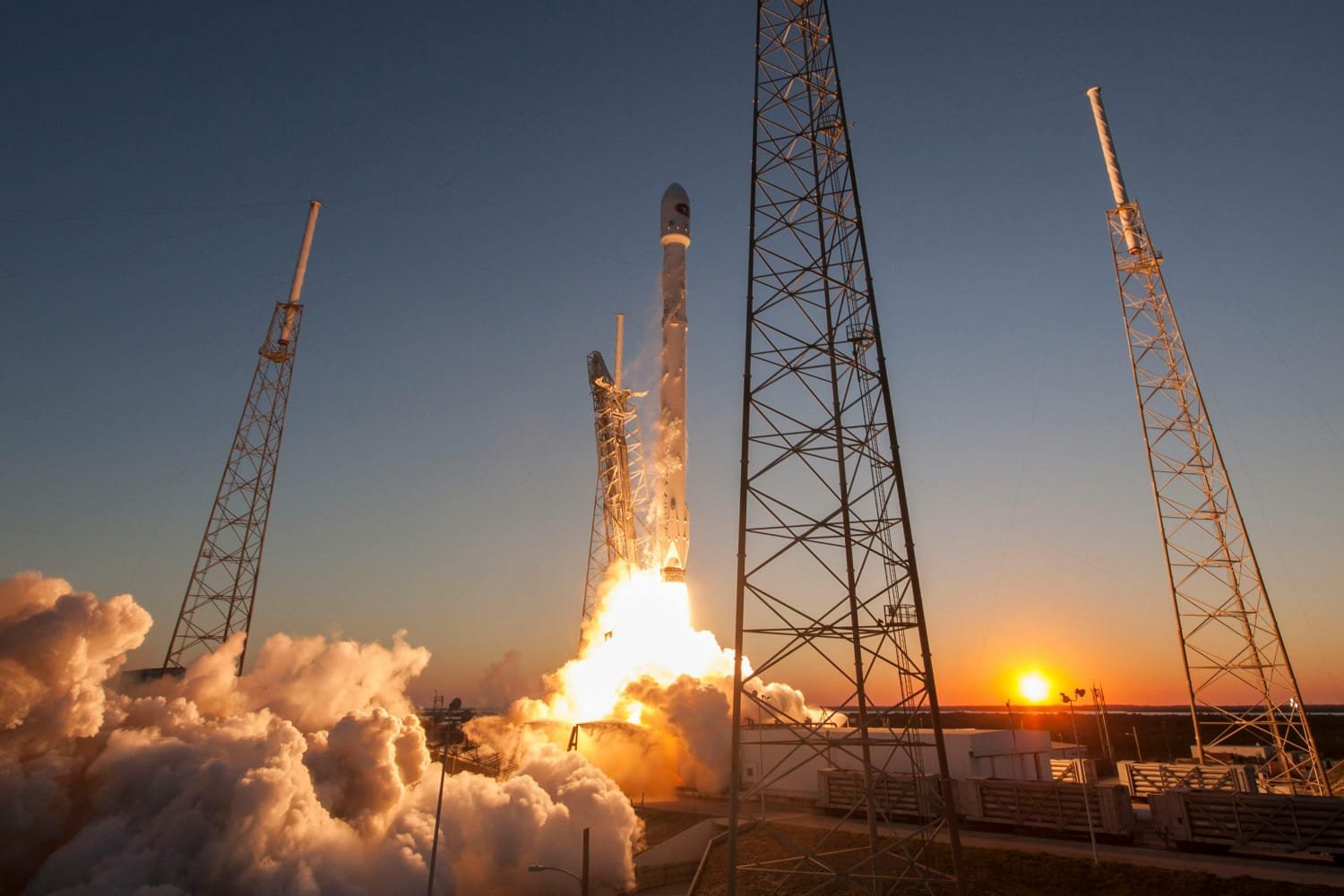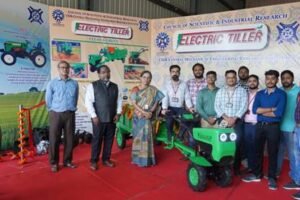Technology Development Board (TDB) – Department of Science and Technology (DST) has approved support for M/s Midwest Advanced Materials Private Limited, Hyderabad, for the production of sustainable magnets.

Technology Development Board (TDB) - Department of Science and Technology (DST) approves support for M/s Midwest Advanced Materials Private Limited, Hyderabad for Sustainable Magnet Production




